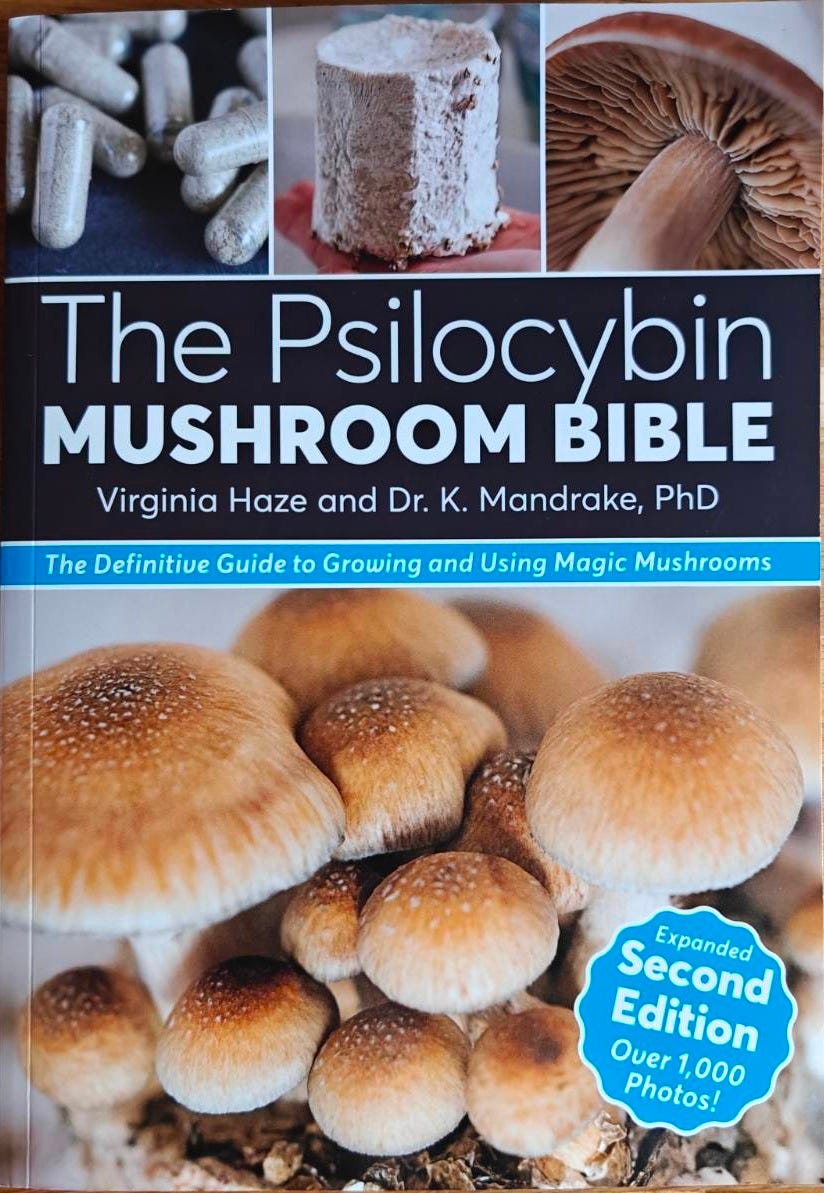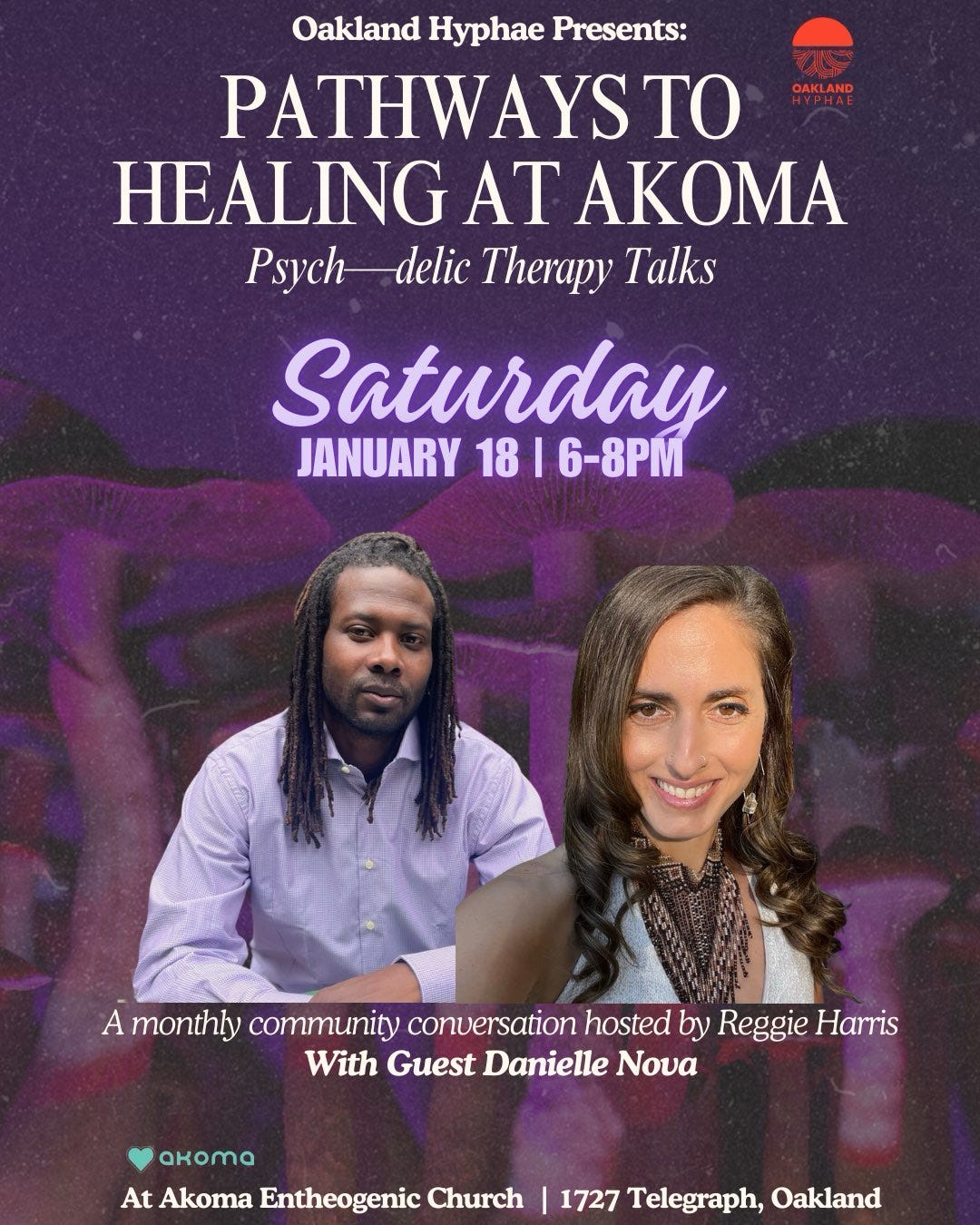Meta’s About-Face: How Trump, Misinformation, and Psychedelics Collide in the New Era of Social Media Moderation
Why Meta’s rollback on censorship could be a double-edged sword for the psychedelic and plant medicine communities
In a move as predictable as it is seismic, Meta—the tech behemoth formerly known as Facebook—has announced it will scale back its once-heralded content moderation policies across Instagram and Facebook. The decision, framed as a bold return to free speech and openness, arrives suspiciously in step with the changing political tides of the United States.
As reported by The Washington Post, this policy pivot is not some altruistic commitment to the free exchange of ideas but rather a pragmatic calculation in anticipation of the incoming Trump administration. For years, conservatives have hammered Meta for alleged bias, claiming their voices were unfairly silenced under the guise of “content moderation.” Now, with the political winds shifting, Mark Zuckerberg seems to be hedging his bets, offering free speech as a preemptive olive branch.
But while political operatives and media strategists are busy unpacking the implications for campaign messaging and election interference, another question looms for those of us in the plant medicine and psychedelic communities: What does this mean for us?

The Trump Effect: Meta's Preemptive Retreat
During Trump’s first term, social media platforms became battlegrounds for ideological warfare. From COVID-19 misinformation to election fraud conspiracies, platforms like Facebook and Instagram found themselves under intense scrutiny from both sides of the political aisle.
Trump and his allies have long accused Meta of silencing conservative voices. This accusation, amplified by congressional hearings and cable news segments, created enormous pressure on Zuckerberg and company. With Trump poised to return to the White House, Meta’s decision to roll back content moderation seems less about free speech and more about survival.
According to The Washington Post, internal memos from Meta reveal a desire to “reduce the perception of bias” and avoid further regulatory crackdowns. The company seems to believe that a hands-off approach will insulate it from political attacks. But what this rollback will actually do—especially in spaces like psychedelics and plant medicine—remains unclear.
For advocates in these communities, the end of aggressive content moderation could be a blessing, offering much-needed breathing room for honest discussions about harm reduction, research, and policy reform. But it could also unleash a flood of misinformation, snake oil salesmen, and hysteria-fueled fear campaigns that could derail years of careful advocacy.
The Double-Edged Sword of “Free Speech”
Let’s be clear: platforms like Instagram have not been friendly to the psychedelic movement. Activists, educators, and harm reduction advocates have faced shadow bans, suspensions, and outright account deletions for sharing factual, science-backed information about substances like psilocybin, ayahuasca, and MDMA.
From prominent educators to small community pages, the pattern is all too familiar. Accounts are flagged or reported for “promoting illegal substances,” even when they are merely discussing harm reduction strategies or sharing scientific research. Meanwhile, influencers selling questionable mushroom chocolates often skate by undetected.
Meta’s rollback could mean fewer algorithmic barriers for legitimate voices in the space. Grassroots organizations, harm reduction advocates, and psychedelic therapists might finally get to speak without fear of being shadow-banned into oblivion.
But here’s the rub: the same policies that might allow important conversations to flourish will also let harmful misinformation thrive. And misinformation has a uniquely damaging impact when it comes to psychedelics, just remember 2007.
The Misinformation Trap
Psychedelics are already walking a precarious tightrope in the public imagination. While the cultural tide has shifted in recent years—largely thanks to promising clinical trials, mainstream media coverage, and local decriminalization efforts—stigmas and fears remain deeply entrenched.
Misinformation and hysteria have always been the most effective weapons against movements like this one just remember 2007. From the Reagan-era “Just Say No” campaigns to recent viral social media posts about psychedelic “brain fry” horror stories, fear-based narratives have the power to set the movement back decades.
If Meta’s hands-off policy creates an environment where bad actors can freely peddle pseudoscience, exaggerated risks, or snake oil products marketed as “healing journeys,” the consequences could be catastrophic.
Public perception remains one of the most significant battlegrounds for the psychedelic movement. And public perception is shaped by stories—true or false.
A viral hoax about someone “losing their mind forever” or worse after one mushroom trip can do far more damage than any scientific study can undo. Likewise, if unregulated products result in genuine harm, it won’t matter whether they were sold through shady websites or Instagram ads—the backlash will land squarely on the entire movement.
The Stakes Are High
For those working toward decriminalization and sensible regulation of psychedelics, Meta’s policy change represents both an opportunity and a risk.
On one hand, reduced moderation could create space for educators, advocates, and harm reductionists to share accurate, life-saving information. On the other, it could open the floodgates for the kind of hysteria and pseudoscience that opponents of psychedelics are always ready to weaponize.
We’ve seen it before. In 2023, an Instagram-driven moral panic about “psychedelic cults” created headlines for weeks, damaging the reputations of legitimate facilitators and organizations. These types of incidents have a chilling effect on public trust and regulatory momentum.
Navigating the New Meta Landscape
So, what now?
First, advocacy organizations need to double down on community self-regulation. If Meta won’t set the boundaries, we’ll have to. Harm reduction groups, educators, and advocates need to remain vigilant about calling out bad actors and promoting reliable resources.
Second, public education campaigns will become even more critical. The psychedelic movement must invest in proactive storytelling, ensuring that accurate information drowns out sensationalism.
Finally, we need to keep an eye on Meta. Just because the censorship policies are relaxing doesn’t mean the platform won’t continue to selectively enforce its guidelines. If history tells us anything, it’s that moderation decisions are rarely neutral—they’re political, reactive, and often inconsistent.
Conclusion: Proceed with Caution
Meta’s rollback of content moderation is being marketed as a win for free speech, but it’s more accurately a calculated business move in response to shifting political tides.
For the plant medicine and psychedelic communities, this new era presents both opportunities and profound risks.
If we play this moment right, we could see a renaissance of open, honest discussions about psychedelics on platforms that have historically silenced those conversations. But if we let misinformation take hold, if bad actors dominate the narrative, or if hysteria begins to creep back into the public consciousness, the consequences could be catastrophic.
The tools are in our hands. What happens next is up to us.
And somewhere, deep in the bowels of Meta HQ, Mark Zuckerberg is probably still deciding whether he’s the hero or the villain of this story.






I've absolutely experienced censorship on SM regarding my book Have a Good Trip (October, 2024), which is nuts because the book is a sober, consumer-oriented look at magic mushroom use. So now I may be able to put the cover of the book on my facebook page, but as you point out in this thoughtful article, the irony is the kind of excesses and harms that I tried to help readers navigate might well be harder to do so in a totally unregulated environment. Thanks for your work, Reggie.
they say free speech on one hand while they silence everyone who disagrees with them with the other...